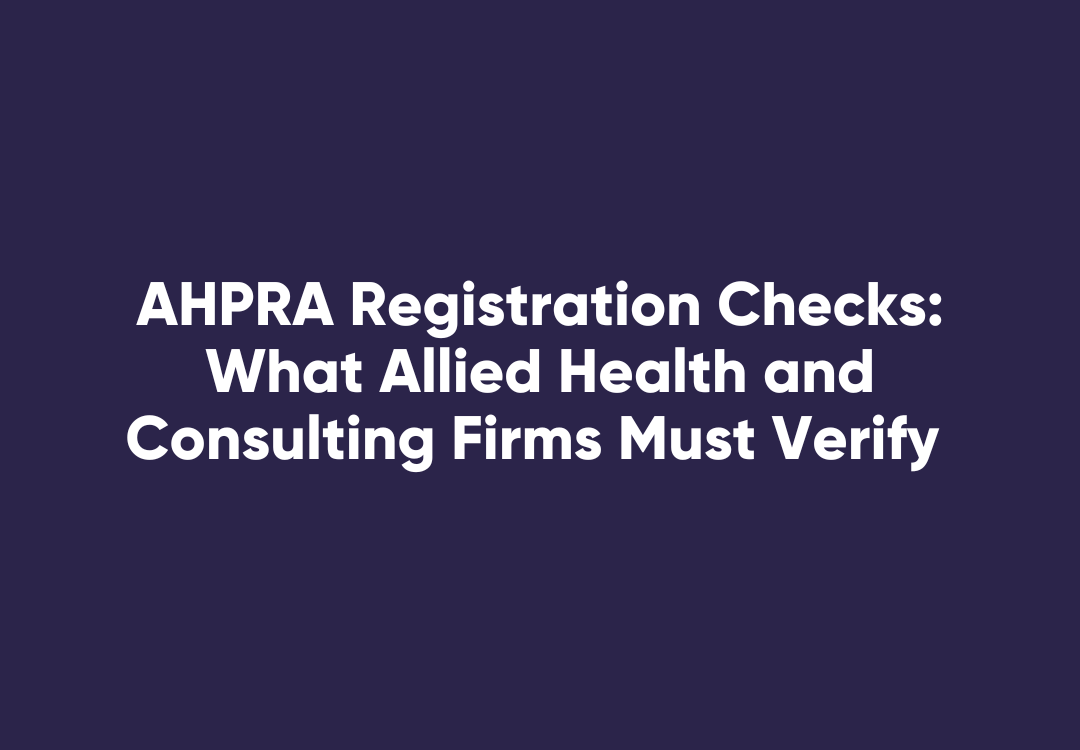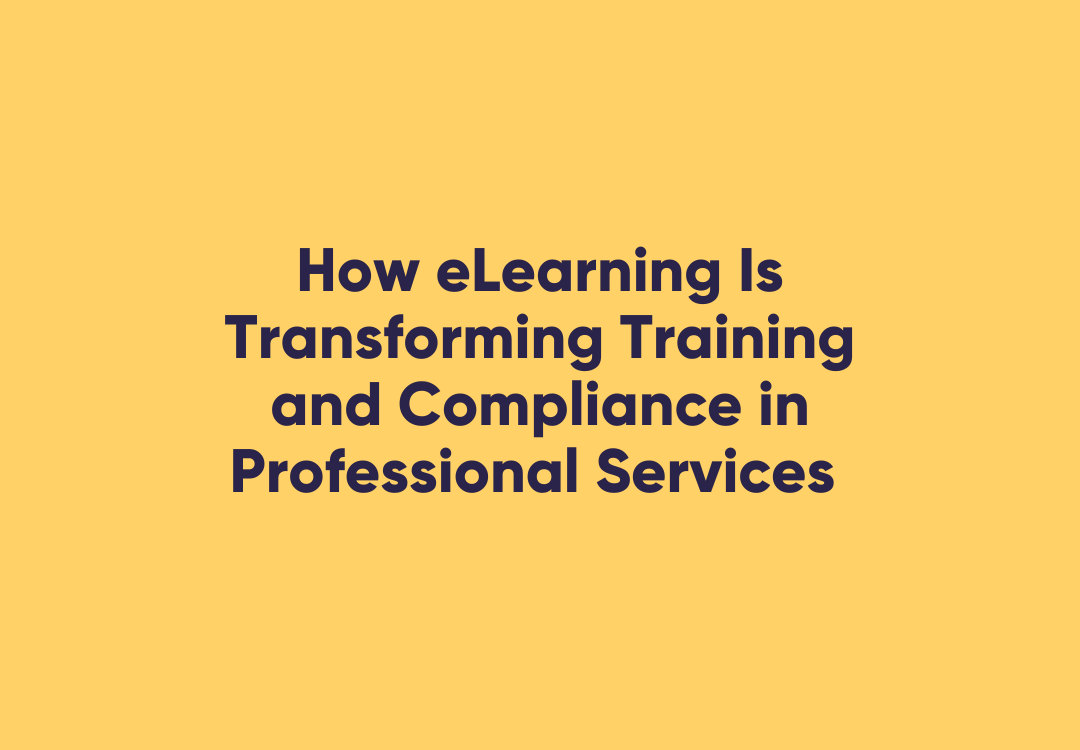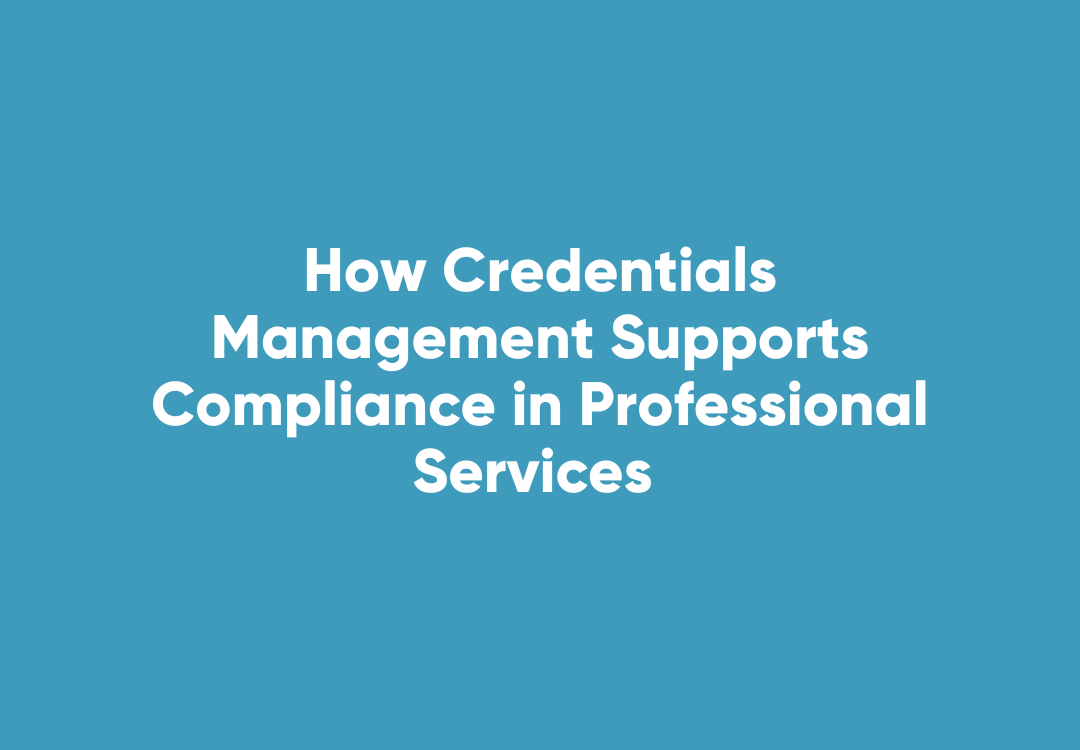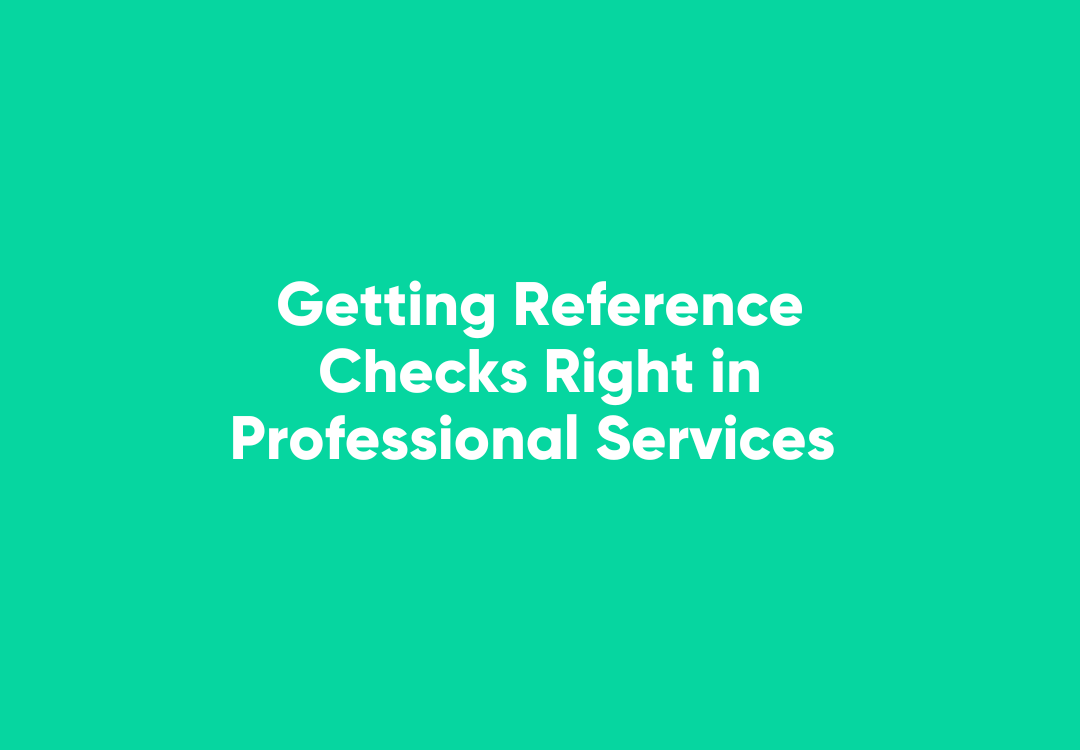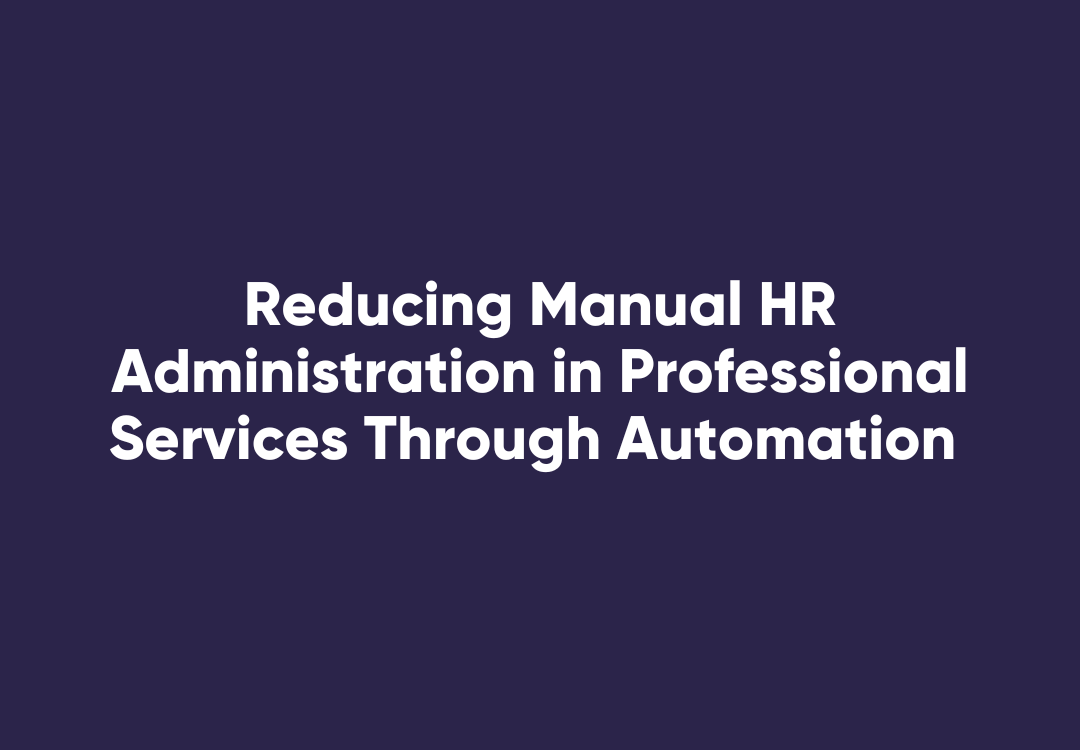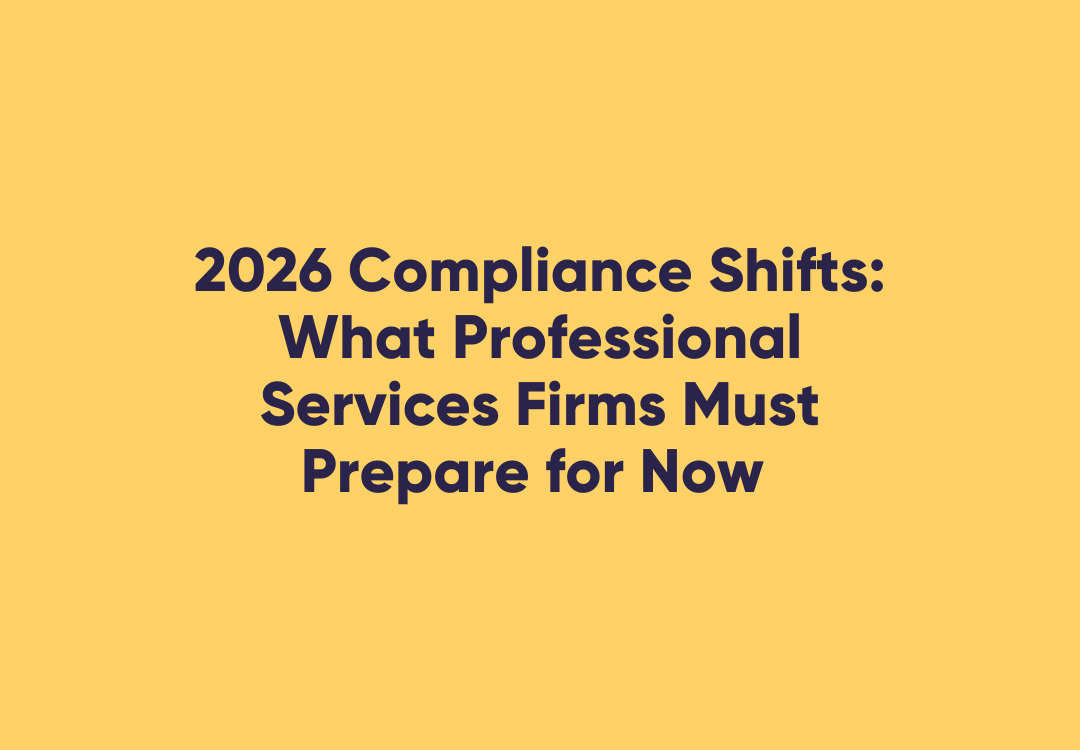Are Your Food Handling Staff Really Trained to Meet Industry Standards?
The last few years have shone a spotlight on hygiene like never before. As a result of the pandemic, food hygiene and safety in commercial kitchens and at home became a huge point of discussion and a key focus as a preventative measure to keep communities safe.
If one thing became very, very clear for businesses who prepare and serve food over the last few years, it’s the importance of having up to date and compliant food handling programs and training. WorkPro has been offering a Safe Food Handling module for many years to help employers manage a consistently high standard of food safety. Since its first release in 2015, over 22,000 individuals have completed this online induction module to understand and practice responsible service of food at work.
Here's an overview of some of the vital information this module contains:
Food Safety in the Workplace
Food safety refers to the practices and processes for handling, preparing, and storing food to prevent foodborne illnesses and other health hazards. Not only does it cover basics like cooking and cooling food, temperature control, avoiding cross-contamination and preparing raw meat and finish, but it also includes personal hygiene, transport of food and beverage, and understanding cleaning agents and sanitising equipment.
The importance of food safety can’t be underestimated. According to the Food Safety Information Council, there are around 4.1 million cases of food poisoning every year in Australia. More than 31,000 of those cases will need hospitalisation. This can be the result of food poisoning bacteria, food intolerances, allergens and more.
The cost of these illnesses has been estimated at $1.2 billion, which doesn’t include the revenue lost to damaged business reputation as a result of an issue or outbreak. Everywhere that food is prepared and/or served at work for customers or consumers, staff must be trained and applying the proper food safety practices and techniques. This applies to all industries that are considered to be a ‘food business’, which Food Standards Australia New Zealand (FSANZ) defines as a business or activity that involves the handling of any type of food for sale, or the sale of food in Australia.
It’s the employer’s responsibility to ensure this training is delivered, reviewed periodically, and the proper food handling practices used in daily operations. Training and ongoing processes and procedures, such as Food Safety Programs, must also be documented to meet industry regulations and avoid fines or worse if problems arise as a result of food on or from the premises.
Employers & Industry Regulations
Food safety is governed in Australia by the Food Standards Act 1991 and is overseen by the FSANZ. The rules and regulations that employers must follow are covered under Chapter 3 of the Food Standards Code.
There are five standards that are relevant to food handling:
- Interpretation and Application (Standard 3.1.1)
- Food Safety Programs (Standard 3.2.1)
- Food Safety Practices & General Requirements (Standard 3.2.2.)
- Food Premises & Equipment (Standard 3.2.3)
- Food Safety Programs – Service to Vulnerable persons (Standard 3.3.1)
In addition to federal laws, food safety in food businesses is also enforced by legislation at state and local levels.
It is the responsibility of the ‘employer’ to ensure these standards are met with food safety training for their workforce. And with so much at risk this year relating to food hygiene processes, procedures and practices, every employer must ask themselves:
- Are my food handling staff trained and using best practice with responsible service of food, and running food safety programs to the highest standards?
- If a regulator came knocking on my door, would I be able to prove that industry obligations for food safety training are being met?
WorkPro’s online food handling course covers key topics for all food businesses, including:
- Safety Responsibilities
- Key Hazards – Contamination, Cross-Contamination, & Food Poisoning
- Basic Food Hygiene
- Food Handling
- Receiving & Storing Food from Suppliers
- Cleaning
- Equipment & Tools Maintenance
- Waste Management
- Safety Reporting
- Workplace Inspections & Audits




